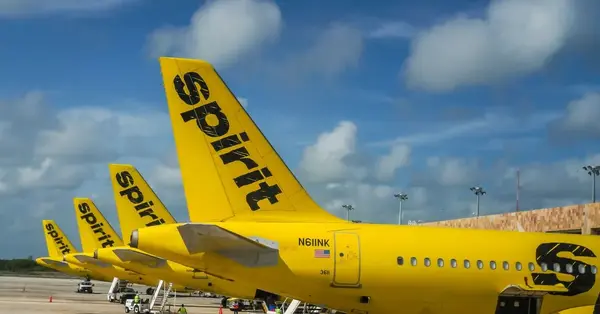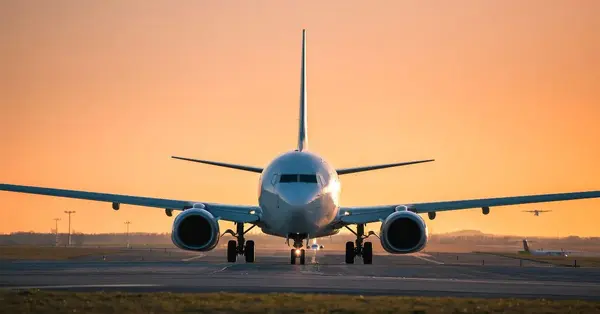You are viewing 2 of your 2 free articles
Analysis: Global uncertainties give mixed signals for travel
Industry hopes not aided by fall in disposable income, says Ian Taylor
The US bombing of Iran appeared poised to trigger a global crisis a week ago. Now the world looks different, but no less in turmoil, with contradictory implications for travel.
Perhaps surprisingly, US and Iranian actions appear to have been calibrated to limit the fallout. Extended airspace closures and travel warnings applied relatively briefly, although Israel’s war on Gaza continues. Oil and jet fuel prices briefly spiked but remained down year on year and fell back last week – oil by 8% and jet fuel by 7.4%.
The sector could hope to get back to business as a result. Unfortunately, there is no guarantee war in the Middle East won’t return, with the International Institute for Strategic Studies warning: “Gulf states must plan for a prolonged period of uncertainty.”
However, the focus of ‘crisis’ has already moved on.
UK MPs’ vote on government welfare ‘reform’ on Tuesday will have impacts on business and household spending whatever the outcome. PM Keir Starmer’s climbdown on £3 billion in planned welfare cuts, on top of a £1.25 billion reversal on winter fuel payments, will add £4.25 billion to government spending since the June 11 Spending Review. Tax rises in the autumn are now inevitable.
The more costly reversal came after Bank of England governor Andrew Bailey last week forecast a “significant decline” in UK wage growth, noting: “Employment growth is subdued and hiring intentions have softened.”
UK households’ ‘real’ disposable income, adjusted for inflation, fell 1% year on year in the three months to March, according to latest Office for National Statistics data, despite 0.7% growth in UK GDP in the same quarter.
No wonder there are mixed signals on demand.
Heathrow reported “economic uncertainty across North America” made the market “more challenging” last week, amid “signs of softness on business-heavy routes”. Yet Carnival Corporation reported record second-quarter operating results for the three months to May “due to strength in close-in demand”.
Iata air traffic data for May showed global demand on a par with increased capacity at 5% up year on year. But director-general Willie Walsh noted: “North America reported a 0.5% [traffic] decline, led by the domestic market.”
European carriers increased capacity on international routes by almost 5% year on year in May, but demand rose only 4.1% – a shortfall likely to be reflected in fares if it persists. Worldwide, only Asia Pacific and Africa saw air traffic demand increase ahead of capacity in the month.
Attention is now likely to switch immediately back to the US and Trump’s July 9 deadline for US trading partners to make trade deals or face higher tariffs.
Uncertainty over the outcomes has seen the dollar suffer its biggest half-year fall in value against other major currencies since 1973. The pound was up 12% since January at $1.37 on Monday – surely positive for sales to the US, although analyst Tourism Economics has predicted an 8.7% inbound decline this year.

















